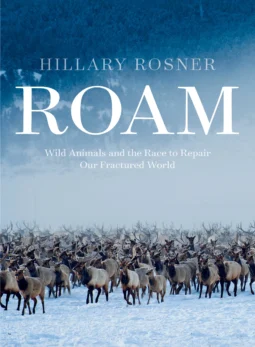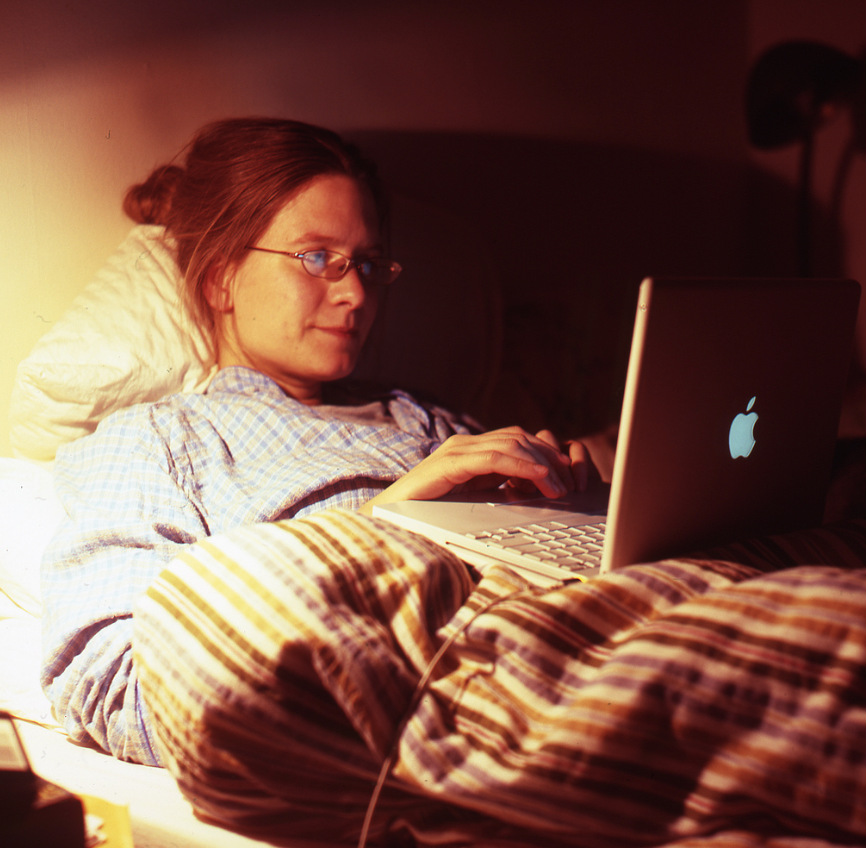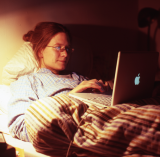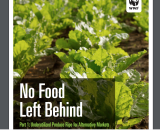
Helping Wild Animals Roam (start time: 3:29) Wild animals, whether buffalos or bats, need space to move around–not just to survive, but to forage, reproduce, migrate, and generally thrive as a species. But it’s getting increasingly difficult for so many species to do this, thanks to humans breaking up their habitats to build roads, fences, housing developments, croplands, etc. Of course, climate change, pesticides, and other stressors compound the problem. In this week’s (fall fund drive) show, host Susan Moran interviews Hillary Rosner, a local environmental journalist and University of Colorado Boulder assistant teaching professor of journalism. Her debut book, called Roam: Wild Animals and the Race to Repair Our Fractured World (Patagonia Works), will be released next week. In her reporting, Hillary digs into some of the threats to wildlife here in the U.S. and elsewhere, as well as bold efforts by individual humans and communities to repair and connect landscapes enough to let many animal populations thrive. And in many cases, helping wildlife move also helps human communities become economically and socially stronger.
Hosts: Susan Moran, Joel Parker
Show & Executive Producer: Susan Moran
Engineer: Joel Parker
Listen to the show here:
Podcast: Play in new window | Download (Duration: 27:30 — 62.9MB)
Subscribe: RSS




 This week’s How On Earth offers two features:
This week’s How On Earth offers two features: Fixing Food Waste (start time: 17:59) We’re all guilty of it: waste. Tossing out peaches, broccoli and other food that has gone bad in the fridge. Or leaving pasta on our plate untouched at an Italian bistro. More than one-third of all food that is produced in the United States is wasted – in the field, at restaurants, in our own kitchens. The conservation organization World Wildlife Fund recently published a report on the huge environmental and health impacts of food waste, and on what can be done to reduce waste, and ultimately preserve grasslands and other natural habitat. Monica McBride, manager of
Fixing Food Waste (start time: 17:59) We’re all guilty of it: waste. Tossing out peaches, broccoli and other food that has gone bad in the fridge. Or leaving pasta on our plate untouched at an Italian bistro. More than one-third of all food that is produced in the United States is wasted – in the field, at restaurants, in our own kitchens. The conservation organization World Wildlife Fund recently published a report on the huge environmental and health impacts of food waste, and on what can be done to reduce waste, and ultimately preserve grasslands and other natural habitat. Monica McBride, manager of